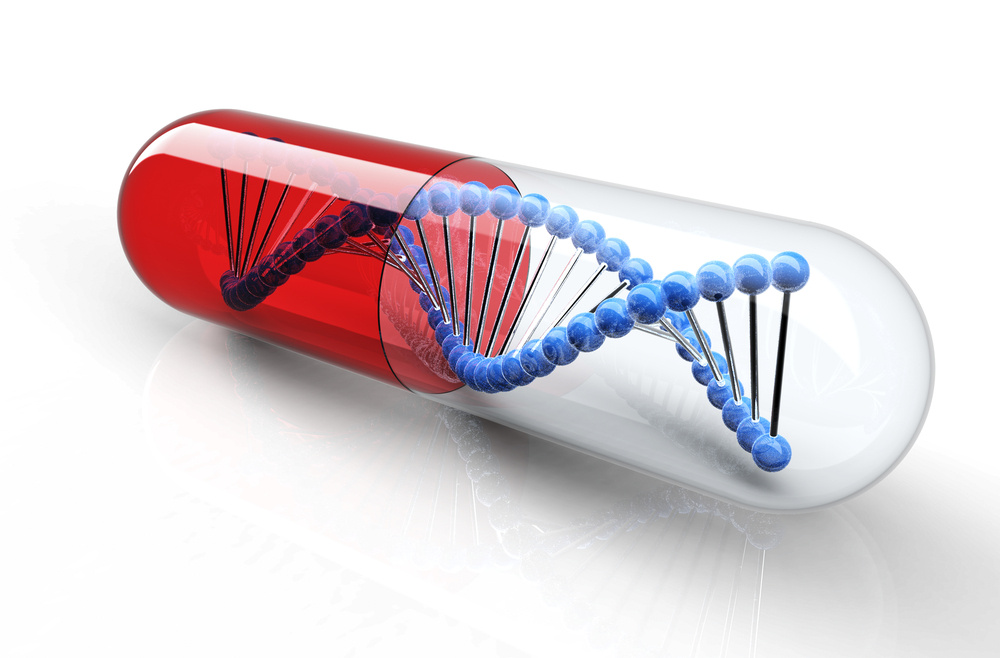Overcoming Addiction in Healthcare Professionals: Unique Challenges and Strategies
Substance use disorder (SUD), also known as addiction, is listed in the Diagnostic and Statistical Manual of Mental Disorders, Fifth Edition (DSM-5) as a complex, chronic brain disorder. The Mayo Clinic explains addiction as a disease “that affects a person’s brain and behavior and leads to an inability to control the use of a legal or illegal drug or medication” without regard for consequence. The prevalence of substance abuse and SUD varies by occupation and industry. Healthcare professionals account for some of the highest rates of substance use disorder in the workforce. According to USA Today, “Across the country, more than 100,000 doctors, nurses, technicians, and other health professionals struggle with abuse or addiction, mostly involving Narcotics such as Oxycodone and Fentanyl.” Some of the unique difficulties encountered by healthcare professionals struggling with substance use disorder and possible strategies to help remedy these challenges include:
- Drug access: Healthcare professionals have direct access to medications, making it easier for them to misuse or divert prescription drugs. For example, though professionally discouraged, self-diagnosing physicians have reported prescribing controlled substances for themselves. Findings from one study indicate that “due to drug access, a significant number of pharmacists tend to self-medicate and titrate their drug use, a practice that can perpetuate the fallacy that pharmacological knowledge of drug action is an effective strategy to prevent addiction.” Implementing strict medication management protocols, ensuring accountability, and monitoring systems, and promoting a culture of ethical prescribing and medication handling can help reduce the risk of substance misuse.
- Stigma: Individuals struggling with addiction may delay pursuing treatment because of the stigma associated with substance abuse and the potential impact on one’s professional reputation and licensure. Implementing accessible support programs specifically designed for healthcare professionals can help alleviate the fear of professional repercussions. For example, in 2001, the American Nurses Association (ANA) Code of Ethics for Nurses was revised to specifically address impaired practice: “Nurses must be vigilant to protect the patient, the public, and the profession from potential harm when a colleague’s practice, in any setting, appears to be impaired.” The code requires that nurses extend compassion and caring to colleagues in recovery and are obliged to act in a way that both protects patients and helps the impaired nurse receive assistance in recovery.
- High-stress work environment: Along with their unpredictable and exhausting work hours, medical professionals are required to make impromptu decisions regarding their patients’ health and well-being, which can be emotionally taxing. The demanding nature of their work can lead to burnout, emotional exhaustion, and increased vulnerability to substance abuse. Healthcare professionals can benefit from prioritizing work-life balance and developing healthy coping mechanisms (e.g., exercise, meditation, therapy, etc.) to manage the stress and demands of their jobs.
For Information and Support
Substance abuse and addiction can be incredibly dangerous and can result in severe short and long-term consequences. If you or someone you know is suffering from substance abuse or addiction, please get help as soon as possible. The earlier you seek support, the sooner you and your loved ones can return to leading happy, healthy, and fulfilling lives. There is no reason to go through this alone, and we are here to help. Please feel free to reach out to us for further information or with any questions regarding substance abuse or addiction. We are available anytime via telephone at: 213-389-9964, or you can always email us at: info@friendlyhousela.org.



